Stigma around mental health is still prevalent
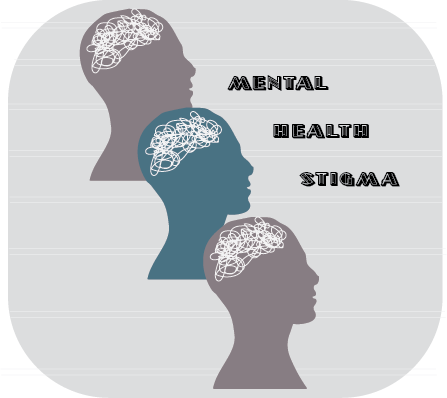
Despite growing mental health awareness, people are still struggling to acknowledge mental health at times.
May 11, 2022
In the past few years, mental health has become a larger conversation, not only due to pandemic-induced isolation, but also from increasing suicide, depression and anxiety rates over the past 10 years.
The National Survey on Drug Use and Health revealed in a 2019 report, symptoms consistent with depression in adolescents increased 52% from 2005 to 2017. Additionally, young adults experiencing serious psychological distress increased 71% from 2008 to 2017 and suicidal thoughts or sucicide-related outcomes increased by 47%.
Despite the staggering new statistics and the resulting increase in mental health awareness and education, mental illnesses continue to be stigmatized.
“There’s always the ‘shoulds.’ Should I tell my person I’m dating that I’m seeing [a therapist]? Will it make me look weak to share that I’m seeing a therapist? Those stigmas are definitely still applicable,” said Michelle Mayes, program manager and mental health clinician for StarVista.
Mayes explained that people struggling may internalize stigmas, judging themselves for their illnesses and ridiculing their emotions. Fearful to ask for help, struggling students watch their relationships, decision-making skills, academics and overall well-being deteriorate. Alisa Meyer, wellness counselor at Burlingame, agreed.
“When I first was working [six years ago], a lot of students were hesitant to see me or one of the other wellness counselors because they’re not ‘crazy.’ [Students say], ‘I’m not crazy,’ ‘I don’t need help,’ ‘I’m fine,’ ‘I’m okay.’ But now, I think that it’s becoming more normal to go to therapy and to get support,” said Meyer.
The idea that not being okay is acceptable to talk about and get help for allows for more empathy and gives people permission to heal.
“Having gone through the pandemic, collectively, has welcomed the discussion more around, ‘How are you dealing with this?’” Mayes said. “Because really, what’s happened to us affects how we behave. And the bond of connection through Covid has been able to help us kind of push through and talk about it more.”
This larger awareness due to the ongoing pandemic also creates an overwhelming demand for help.
“I wish I could create so many more therapists; it’s just really hard because students need more ongoing support,” Meyer said. “And it’s really hard … the costs of seeing a therapist are through the roof too.”



![WASC looks for more than the basic California State standards. According to chairperson Mike Woo, “As new rules and new concerns come up through society, [WASC] look[s] is the school doing something about that. Like the biggest trend post-COVID is mental wellness. So is your school doing something to address the mental health of the students? Along with are they still doing the proper academics?”](https://theburlingameb.org/wp-content/uploads/2024/03/IMG_3401-1200x1200.png)
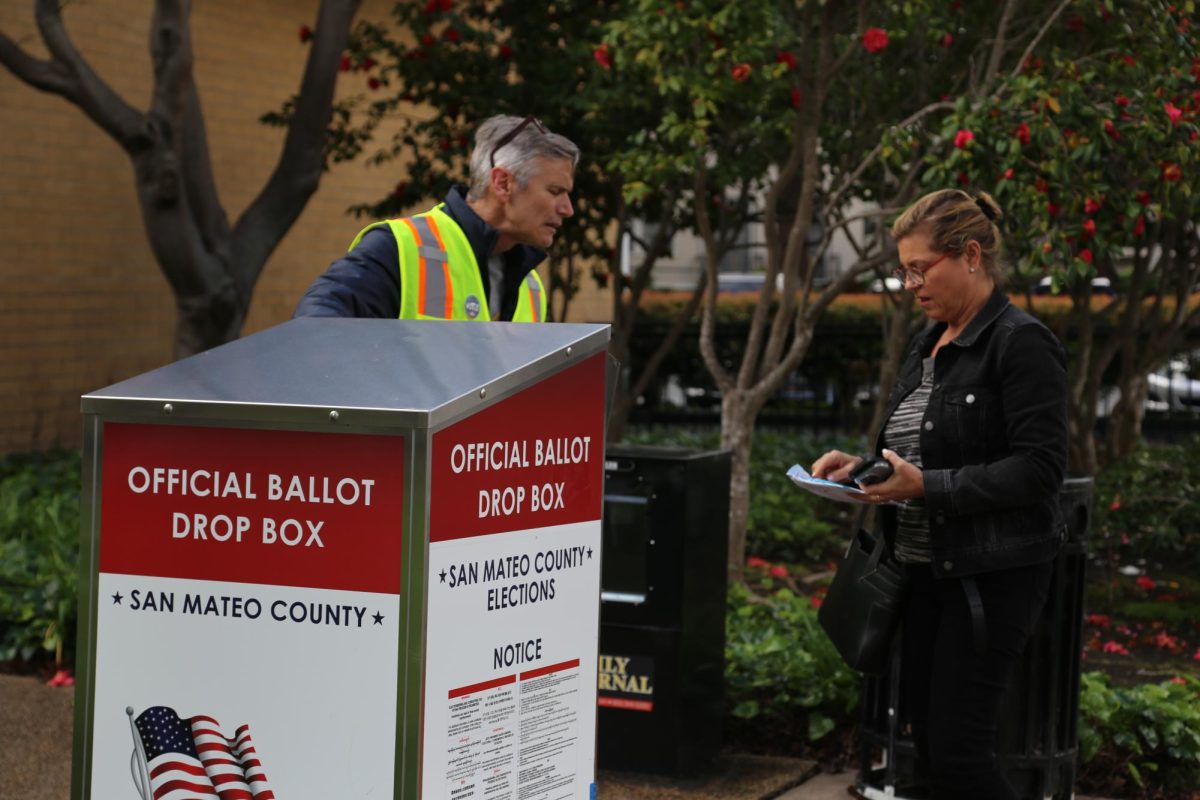


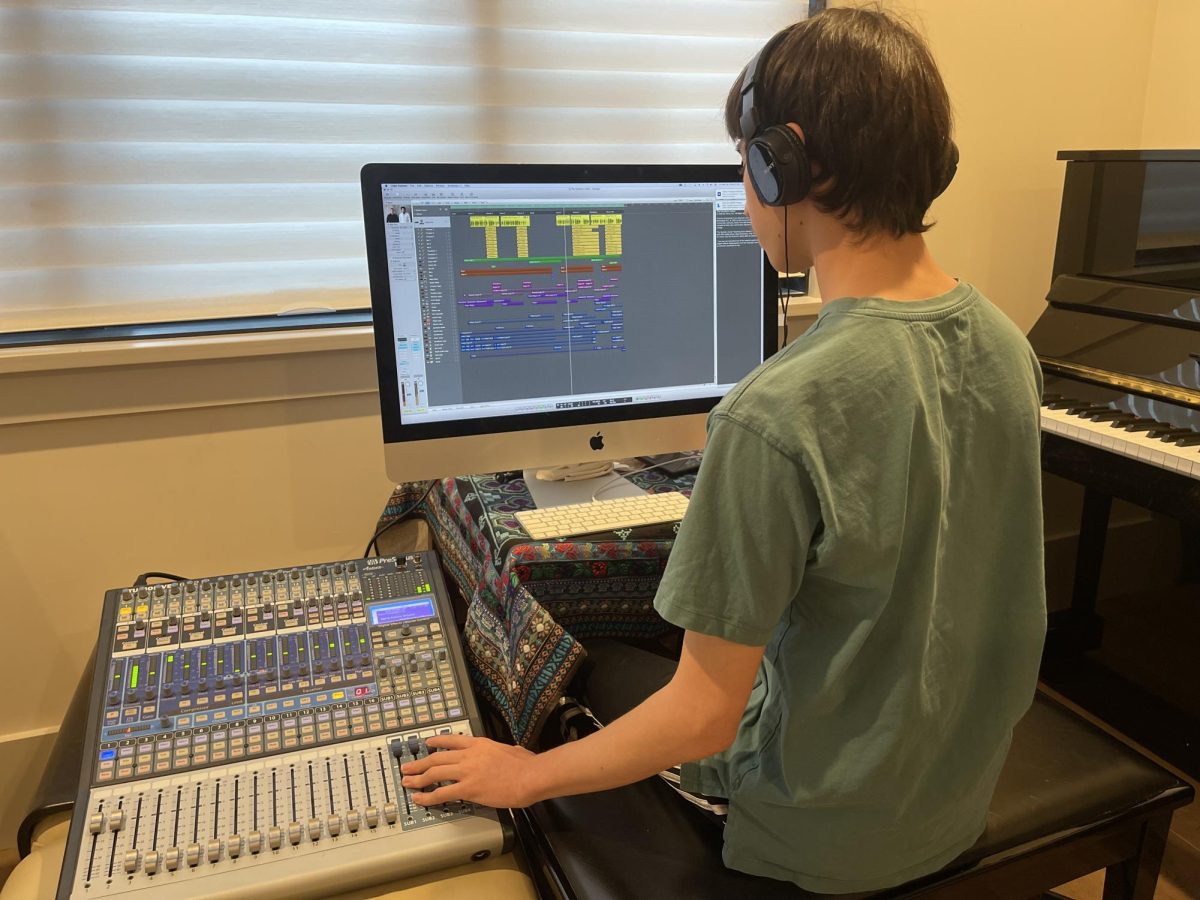


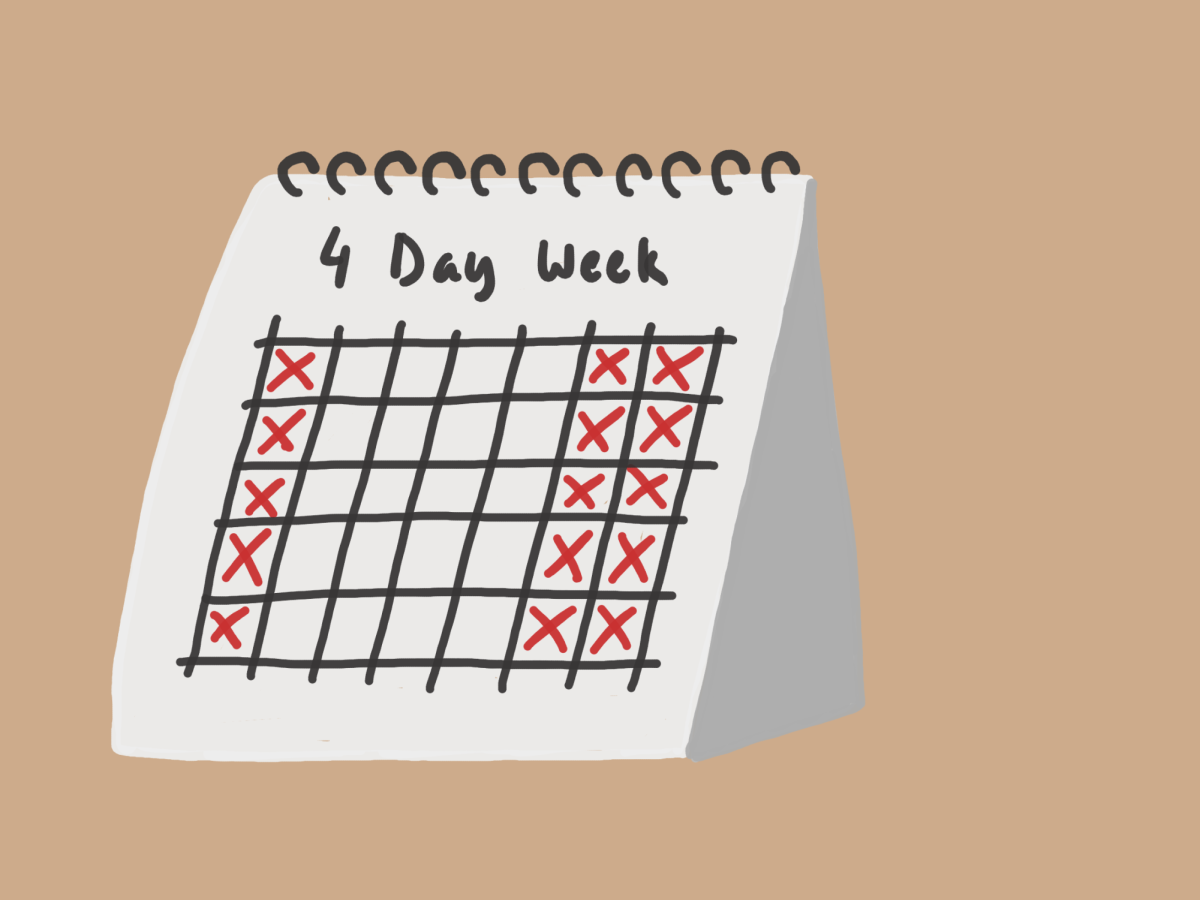










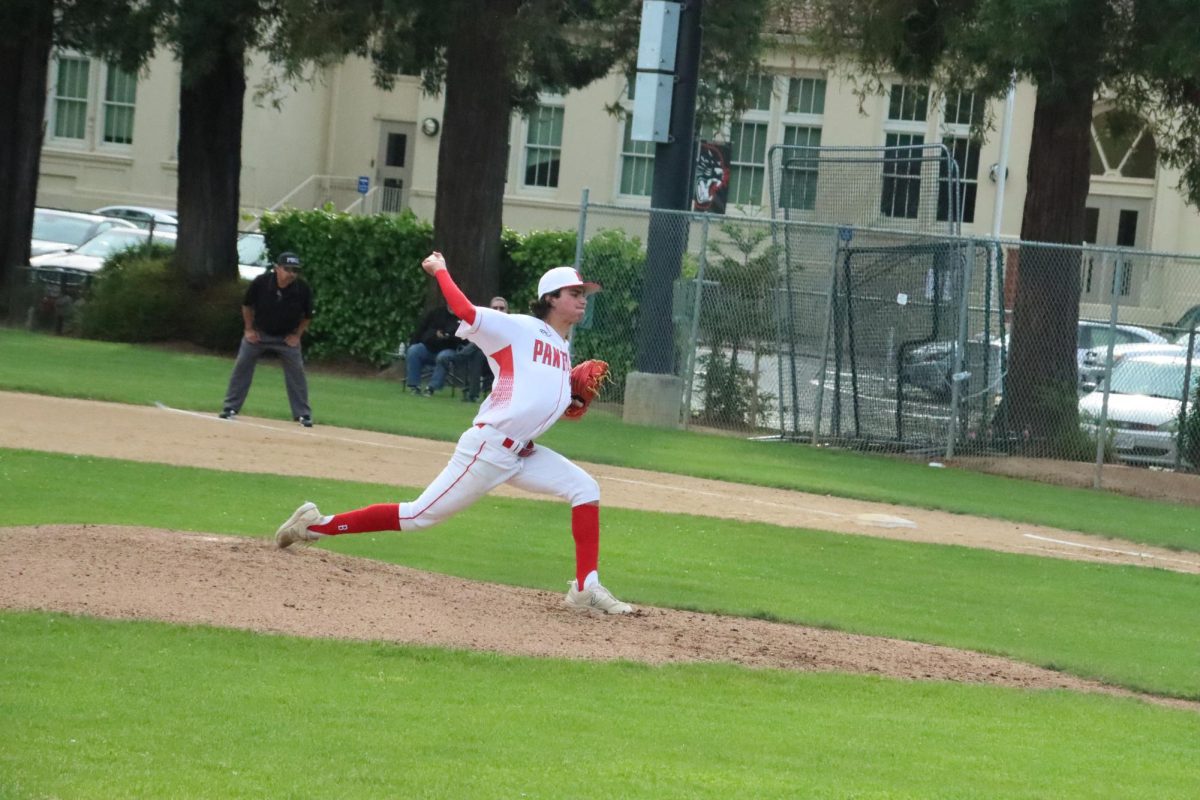

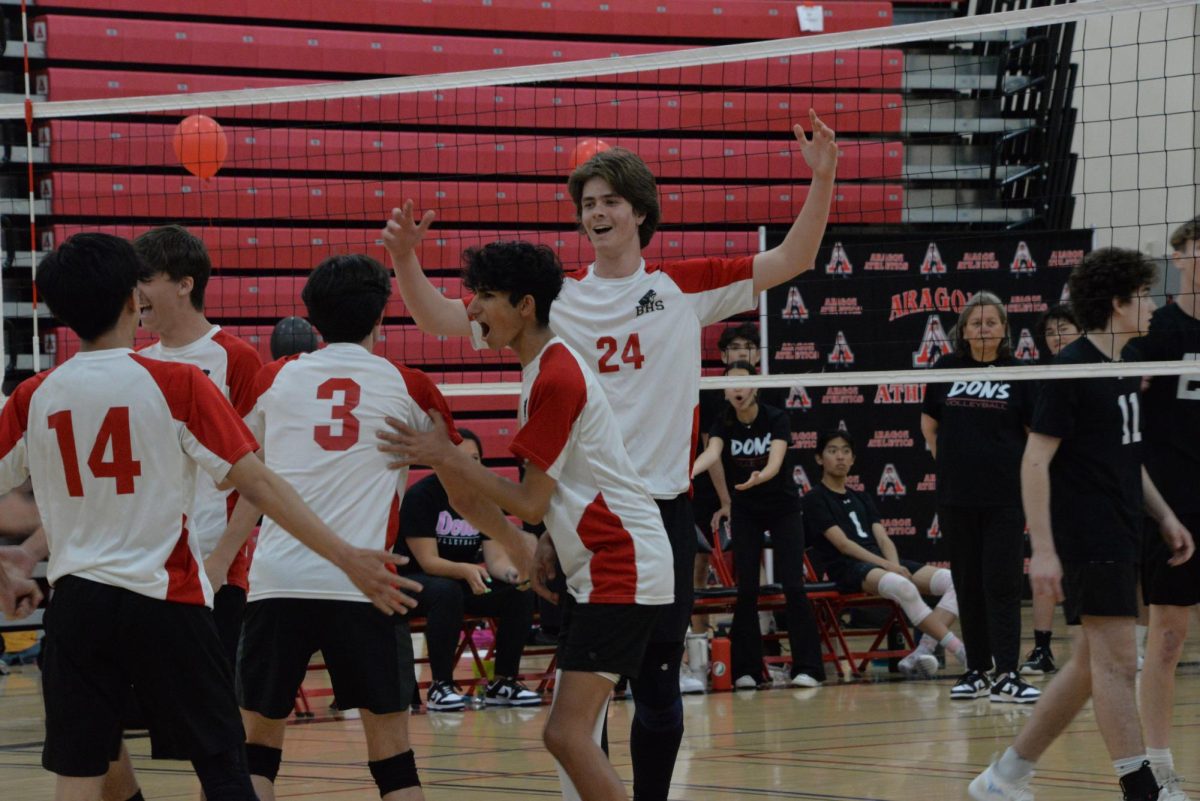




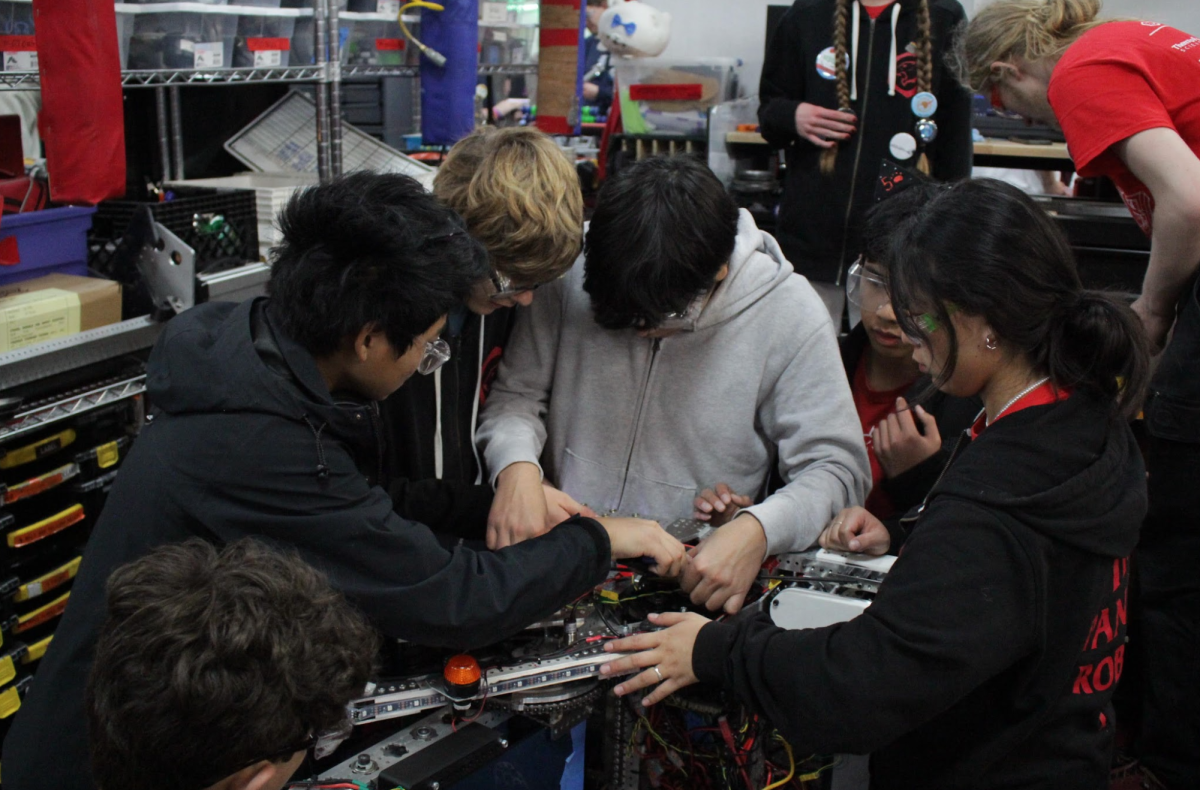
![“For me personally, I want [others] to see the music program as a strong union because we can really bring out the life of our school,” Vega said. “We need music, you know? Otherwise, things would be really silent and dead.”](https://theburlingameb.org/wp-content/uploads/2024/03/unnamed-1200x801.jpeg)








